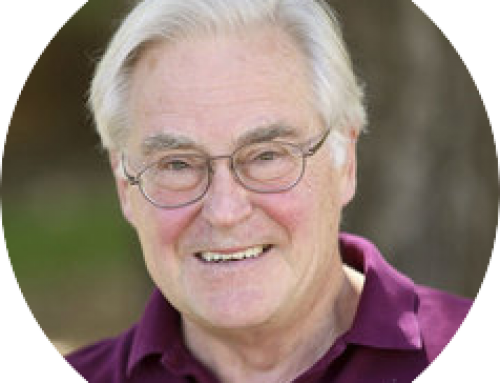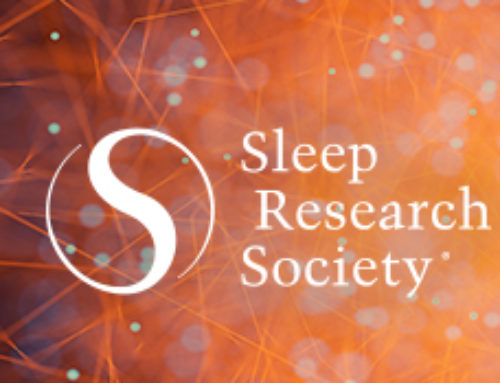Dear SRS Members,
The opportunity to serve as your president is an honor and a pleasure, but at the moment, one that is bittersweet. I took on these responsibilities the day after one of our founders and also a founder of the AASM passed away. We all know Dr. William Dement as the father of sleep medicine, an active proponent of sleep health, an extremely productive sleep researcher, and chairman of the National Commission on Sleep Disorders that led to the National Center for Sleep Research in the NHLBI. I also knew Bill Dement as a colleague and friend. I would like to take the opportunity of my first President’s blog to tell a story about Bill and me. As a graduate student I became interested in mammalian hibernation. My focus was on endogenous annual rhythms and thermoregulation in hibernators. At that time I encountered Bill’s name in the proceedings of the 3rd International Symposium on Hibernation. In that paper he wrote
about sleep, of course, but concluded that sleep and hibernation were entirely different phenomena. Many years later I wrote that hibernation is an evolutionary extension of sleep. We laughed about that, but it is not the story I want to tell.
After a post-doctoral stint in which I studied the brain system regulating body temperature in hibernators, I arrived at Stanford as an assistant professor in 1972. In a couple of years my students and I were doing a comparative study of brain regulation of body temperature in a variety of mammals. We manipulated the temperature of the part of the brain that serves as a thermostat and measured the metabolic responses of the animals. One species gave us trouble – the kangaroo rat. Sometimes the metabolic responses of these animals to changes in brain temperature were very precise, but sometimes they were variable and low, and at other times the animals did not respond at all. Upon watching the animals it seemed as if they were sleeping when the responses were low, variable, or non-existent. I discoverd that the sleep expert whose paper I read a few years before was at Stanford, and he was a very distinguished professor in the psychiatry department and head of a whole sleep clinic. I was sure he would not be interested in sleep in a kangaroo rat, but I got up the courage to go see him. I could not have been more wrong. Bill was very interested, excited, encouraging, and loaned me a polygraph. That was my introduction to sleep research and the discovery that brain thermostat is down-regulated during NREM sleep and turned off during REM sleep. We were colleagues, collaborators, and friends for the next 40 some years. Moral of the story – to young researchers, — don’t hesitate to engage with your senior colleagues, and to older, established investigators — reach out to those showing interest in Sleep. Encourage and support them. You may be fostering a future President of the SRS.
Now a few words about SRS plans for the coming year. A product of our excellent leadership over recent years is a Strategic Plan that President Krystal reviewed a few weeks ago at our Annual Membership Meeting, which can now be viewed on the SRS website. We will continue working towards achieving the goals set forth in that plan. Particular focus will be placed on building diversity and inclusiveness in our membership and our leadership. A strong interest of mine is to strengthen and expand basic sleep research, and to foster the integration of sleep and circadian science. And, true to the memory of Bill Dement, I want to see us increase our efforts in advocacy and in public education – two of his major legacies. Of course, to do all of this we need to continue the strong fundraising efforts that have made it possible to achieve much along these lines in recent years and to support career development of our youngest members.
Lastly, we will be embarking on a major experiment at the end of August with our first virtual SLEEP meeting. The program committee and the APSS staff have worked hard and rapidly to make this a successful meeting with many affordances not usually available in our usual face to face meetings. You will be able to attend any and all sessions on your schedule, you will be able to share these experiences with your trainees, and you will be able to see all of the posters you want and hear from their authors. Of course we will sorely miss the direct interactions with friends and colleagues, but help make SLEEP 2020 a great success by registering now.
Very best wishes,
Craig Heller, PhD
President



